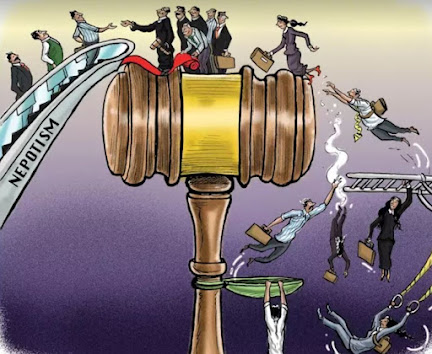A notary does not breach the sanctions against Russia when he or she authenticates the sale of a property owned by an unlisted Russian company (ECJ)
In tis Judgment in Case C-109/23 (Jemerak) [1] the Court of Justice ruled that a notary does not breach the sanctions against Russia when he or she authenticates the sale of a property owned by an unlisted Russian company.
By authentication, a notary does not provide legal advisory services, but acts independently and impartially in the context of a function entrusted to him or her by the State.A notary in Berlin (Germany) refused to authenticate a contract for the sale of an apartment situated in Berlin and owned by a Russian company. According to that notary, it cannot be ruled out that that authentication infringes the prohibition on the provision of legal advisory services to legal persons established in Russia. The European Union introduced that general prohibition [2] in 2022 with a view to increase pressure on Russia to end its war of aggression against Ukraine [3] .
The Berlin Regional Court referred questions to the Court of Justice on this matter. The Court replies that the authentication by a notary of a contract for the sale of immovable property belonging to a legal person established in Russia is not covered by the prohibition on the provision of legal advisory services to such a person [4] .
By authentication, a German notary performs, independently and impartially, a public function entrusted to him or her by the State. It does not appear to provide, beyond that authentication, legal advice intended to promote the specific interests of the parties.
Moreover, the tasks carried out by a German notary to execute an authenticated contract for the sale of immovable property (such as the transfer of the amount of the purchase price to the vendor, the cancellation of the charges burdening that property and the registration of the transfer of ownership in the Land Register) do not appear to involve the provision of legal advice either [5] . Furthermore, an interpreter acting in the context of notarial authentication does not provide legal advice, so that his or her services are not covered by the prohibition at issue either. (curia.europa.eu/photo freepik.com)
_______________
1 The name of the present case is a fictitious name. It does not correspond to the real name of any of the parties to the proceedings.
2 That prohibition applies to all legal persons established in Russia, regardless of whether they are included on the list of persons subject to sanctions such as the freezing of funds.
3 Council Regulation (EU) No 833/2014 of 31 July 2014 concerning restrictive measures in view of Russia’s actions destabilising the situation in Ukraine, as amended by Council Regulation (EU) 2022/1904 of 6 October 2022.
4 Subject to verification by the Berlin Regional Court.
5 Subject to verification by the Berlin Regional Court.








Comments
Post a Comment